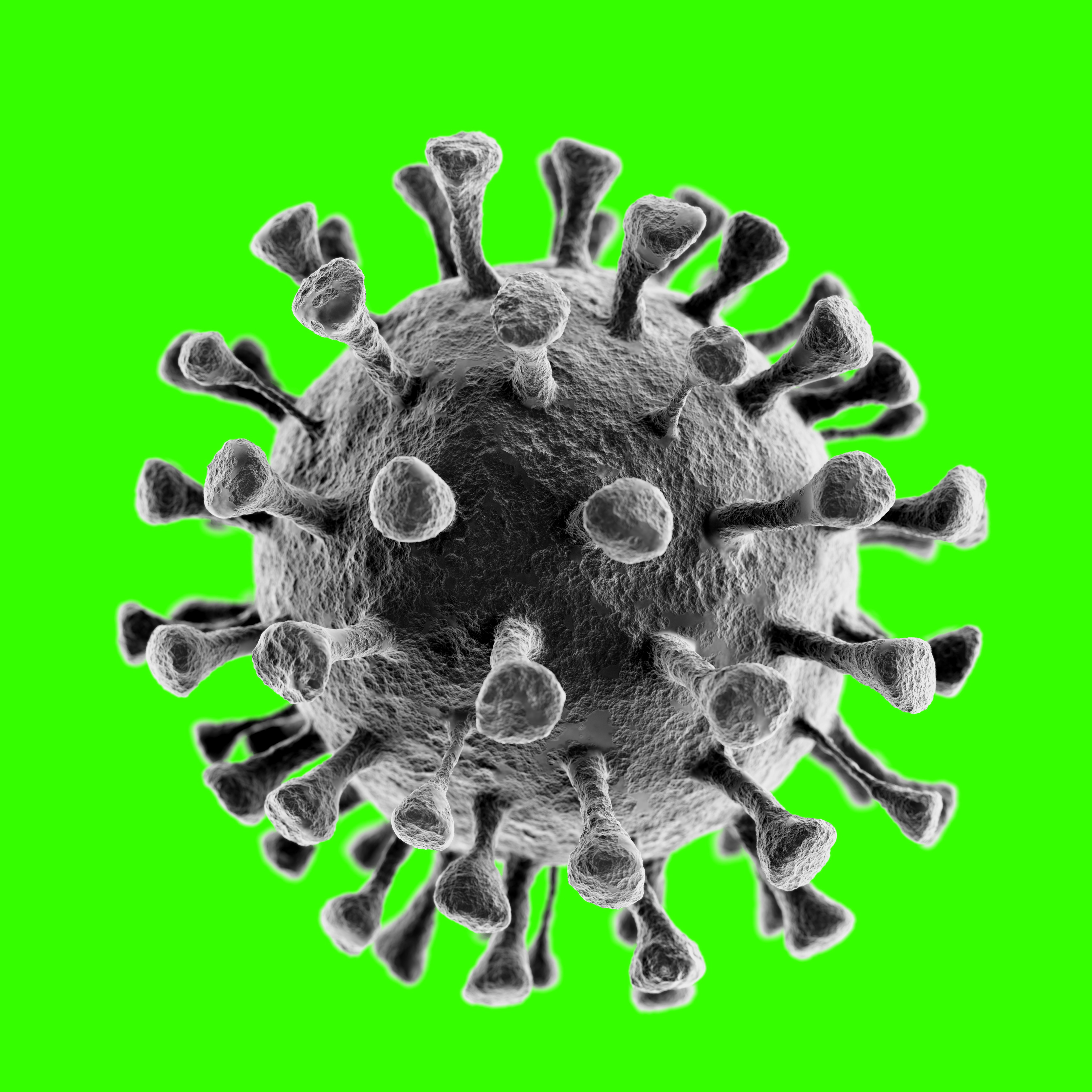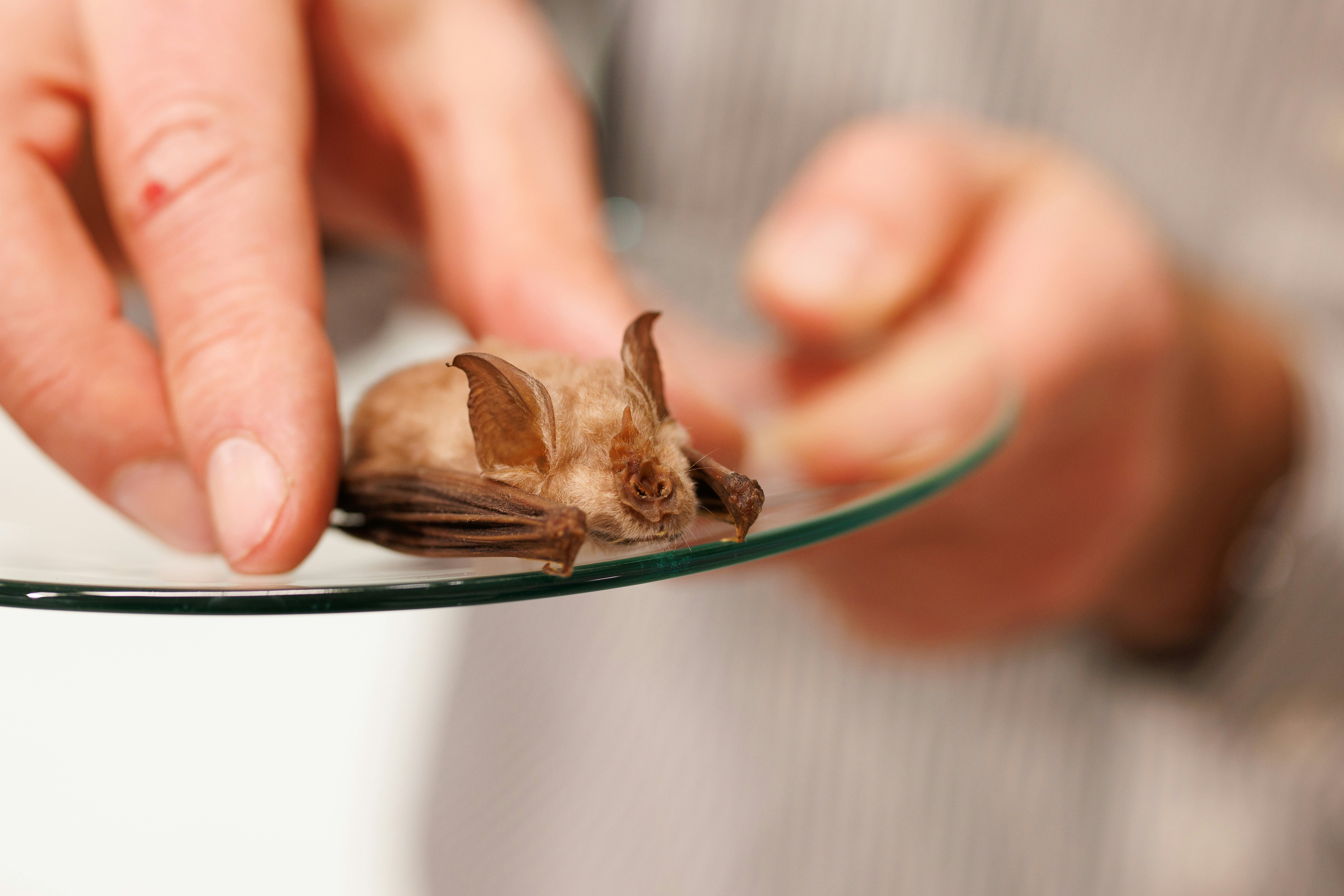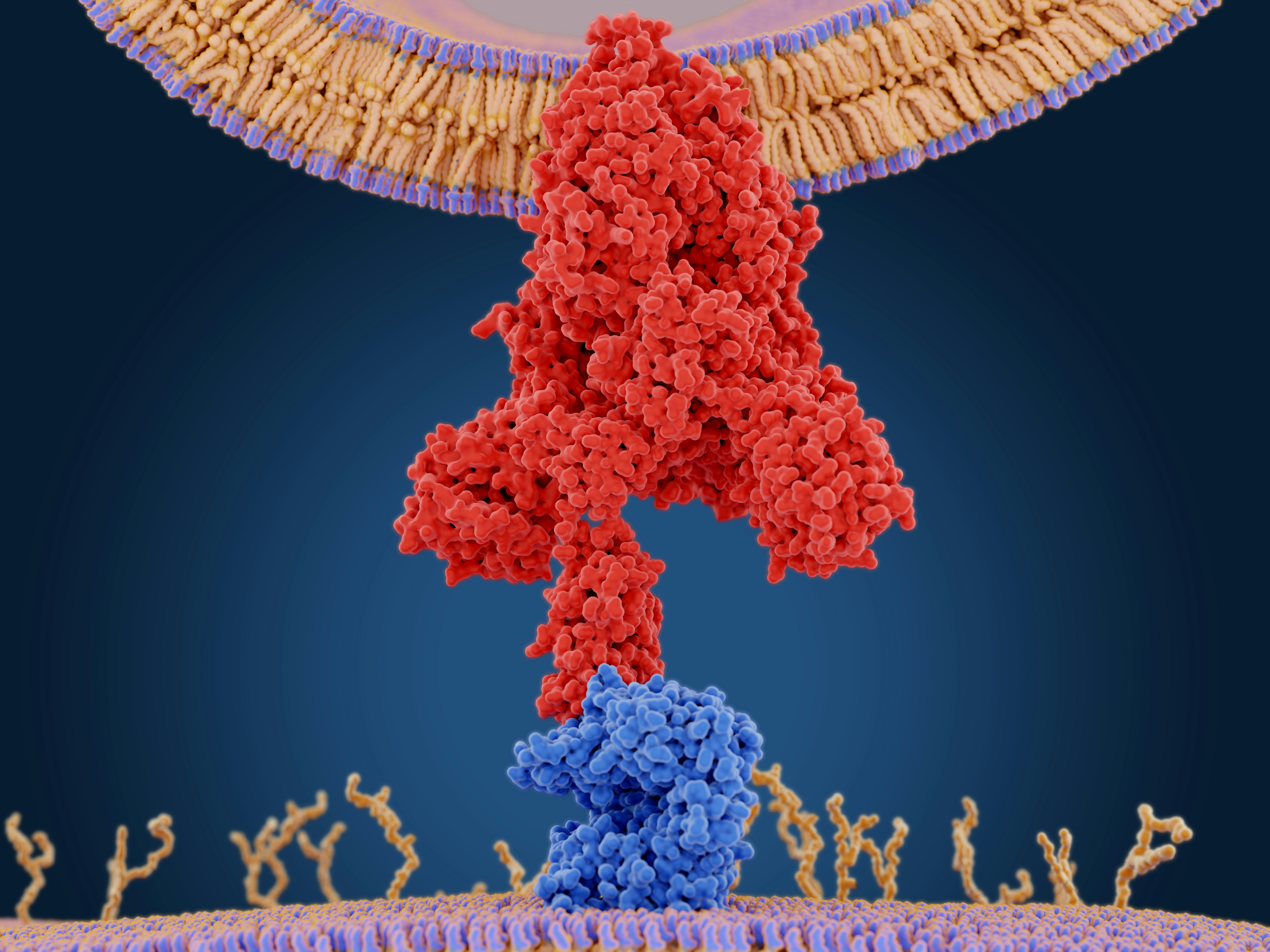
There are more viruses on planet Earth than there are stars in the universe. According to one 2011 estimate, if we were to gather all these microbes up — numbering ten to the 31st power, or 10 nonillion — and lay them end to end, we’d form a microscopic highway stretching out 100 million light years.
Sounds incredible, right? Or perhaps a little scary considering that viruses aren’t exactly known for their sunny disposition. For the most part, these microorganisms are very selective in how or who they infect; only a fraction of those out in the environment actually pose any threat to humans, serious or otherwise. But as the recent Covid-19 pandemic has taught us, viral outbreaks do happen. This is why virologists worldwide are hard at work discovering and characterizing these insidious microbes before they make us their unwitting hosts.
To that end, a group of researchers at Washington State University have found that coronaviruses distantly related to SARS-CoV-2 — the pathogen behind Covid-19 — are resistant to our current vaccines and monoclonal antibody therapies, according to a study published Thursday in the journal PLOS Pathogens. Called Khosta-2, these viruses use the same cellular port of entry like SARS-CoV-2 and if given the right circumstances, could morph into something far more pathogenic then it is right now, much like we’ve seen with the new Covid-19 variants.
“Because these viruses exist in nature, [these findings] really drive home the point that we should be creating more broadly active vaccines” that target all members of the coronavirus family, Timothy Sheahan, a virologist at the University of North Carolina Gillings School of Global Public Health, who was not involved in the study, tells Inverse.

Here’s the background — As we’re all probably too familiar with, coronaviruses are a huge family of viruses that cause respiratory and intestinal diseases in both humans and animals, and have been circulating around for a long time. In recent years, scientists created a new term — sarbecovirus — to differentiate those coronaviruses that are genetically related to SARS-CoV-1, the virus behind the 2002 outbreak of severe acute respiratory syndrome first identified in Guandong, China. These include SARS-CoV-2 and hundreds of strains that infect animals like civets, pangolins, and bats, which are considered the primary reservoir.
Russian horseshoe bats are where scientists found Khosta-2 and a close relation Khosta-1 in fecal and oral samples taken in late 2020 near Sochi National Park. Further analysis of this particular strain showed its genome shared great similarities with sarbecoviruses found in horseshoe bat samples collected in Bulgaria in 2008 and Kenya in 2007. While hundreds of sarbecoviruses tested so far haven’t shown any ability to infect human cells, initial studies found that Khosta viruses have structural components that may allow them to interact with ACE2, or angiotensin-converting enzyme 2, a protein on human cells that the virus’ spike protein latches on to get inside. It’s the very same lock-and-key mechanism SARS-CoV-2 uses.
What they did — Led by Michael Letko, a virologist at Washington State University, the researchers created viral pseudotypes. These are viral particles fashioned from a benign virus that's been edited to carry the integral SARS-CoV-2 spike protein, though the protein has been modified such that it carries the receptor binding domain (RBD) of Khosta instead of SARS-CoV-2. (The RBD is the part of the spike protein that interacts with ACE2.)
It’s a similar approach Letko used back in 2020 to characterize the SARS-CoV-2 receptor. In this case, the viral particles bearing the Khosta RBD mingled with human and animal cells covered in human ACE2. Letko and his colleagues saw that the Khosta viral particles, particularly those laden with Khosta-2’s RBD, attached to ACE2 easily with about the same gusto as SARS-CoV-2 viral particles. (The comparison included viral particles containing RBDs from more than 30 other sarbecoviruses, including the original SARS-CoV-2 Wuhan and Omicron variants.)

Next, the researchers wanted to gauge how well our current immune arsenal — namely antibody therapies and Covid-19 vaccines — stacked up against the Khosta viruses. The results were concerning: The Khosta viral particles, again those with Khosta-2’s RBD, appeared completely resistant to Bamlanivimab, a monoclonal antibody therapy approved under emergency use authorization back in November 2020 for treating earlier variants of Covid-19.
Vaccines fared no better. Letko and his team incubated Khosta-2 in serum from folks vaccinated with Moderna’s and Pfizer’s earlier shots, as well as people who recovered from the Omicron strain. While the SARS-CoV-2 viral particles were easily restrained by the antibodies present, Khosta-2 was completely resistant. This isn’t entirely surprising though — Khosta-2 is a different virus from SARS-CoV-2, and its spike protein only shares about 60 percent similarity with other sarbecoviruses, including SARS-CoV-2.
Why it matters — Before you panic, Khosta-2 is not the next viral baddie, at least not anytime soon. The virus appears to lack genes that cause disease in humans. But Letko says the fear lies in recombination when two or more viruses are coinfecting the same host and swapping genetic information like a genomic yardsale.
“The real fear is that if you get recombination between something like SARS-2 and Khosta-2 because then it can have all the properties of SARS-2 [like] pathogenesis, but it can have a different receptor binding domain that makes it resistant to the [Covid-19] vaccines,” Letko tells Inverse.
Letko and Sheahan stress that recombination doesn’t necessarily have to result in a more pathogenic virus — Khosta-2 may never gain the ability to infect humans — but it’s a possibility nonetheless, especially if the two meet up in an animal host before jumping to humans.
“Our bigger concern is the diversity that’s out there and the fact we can introduce now a pathogenic virus-like SARS-2 accidentally into that pool of other viruses,” says Letko.

While studies show climate change might accelerate the chances of this viral, potentially disastrous meet cute for all viruses (not just Khosta-2 and SARS-CoV-2), we’re not entirely defenseless. Sheahan and Letko say scientists are working on a universal sarbecovirus vaccine that would provide protection not just against SARS-CoV-2 variants but many other animal-derived coronaviruses that aim to do us harm. Antiviral drugs like Remdesivir and Paxlovid, both currently prescribed for Covid-19, could also offer great protection and defense.
“Antiviral drugs are acting on slightly broader mechanisms that just [targeting] the spike protein,” says Letko. “They’re acting on something that a bit more conservative and more similar between these viruses. So we would expect that you’d have more of a fighting shot with something like that.”
What’s Next — For Letko, coming across Khosta-2 and investigating its secrets is part of a larger research effort to characterize all the sarbecoviruses and see how well (or not) these microbes can infect us.
“We’ve covered a pretty wide range of all that Mother Nature can come up with sarbecoviruses,” he says. “The idea is to just keep building this information so that we can put it into a big database… so when a new virus is discovered, we don’t always have to test it in a lab or isolate it.”
Much like how like, during the pandemic, scientists were able to develop vaccines quickly, partly thanks to rapid knowledge of SARS-CoV-2’s genetic sequence, Letko hopes a virtual library of sarbecoviruses will prepare us if ever we run up against another viral outbreak.
“When the next one comes around, we’ll be like, ‘Oh, we’ve seen that sequence data before, let’s see what we can already hit the ground running with,’” says Letko.







